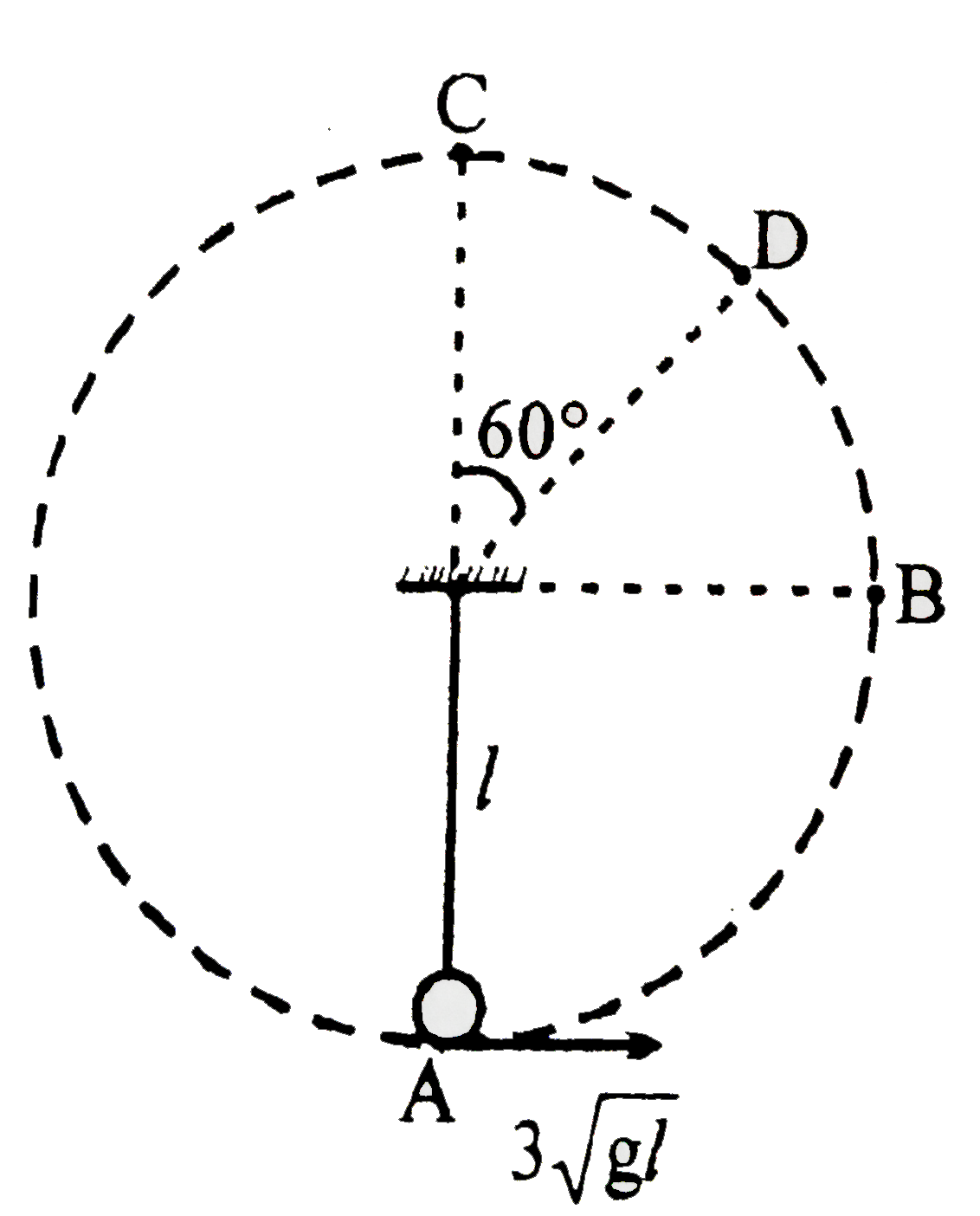For a given data, Rithik drew a bar graph and Krithik drew a pie chart. By reading both diagrams, they understood that 3 cm is equivalent to 36∘. Column A consists of the length of four bars out of six of the bar graph. Column B conponents of the pie chart.
Column AColumn B(a)4cm()(p)36∘(b)6.5cm()(q)102∘(c)7cm()(r)12∘(d)8.5cm()(s)84∘(t)78∘(u)48∘
The correct Answer is:(a)→(u);(b)→;(c)→(s);(d)→(q)
Given, the lengths of the bar 3 cm equivalent to sector angle of 36∘.
(a) The sector angle of a circle, if the length of the bar 4cm=4×36∘3=48∘→(u)
(b) The sector angle of a circle, if the length of the bar 6.5cm=6.5×36∘3=78∘→(t)
(c ) The sector angle of a circle, if the length of the bar 7cm=7×36∘3=84∘→(s)
(d) The sector angle of a circle, if the length of the bar 8.5cm=8.5×36∘3=102∘→(q)
Therefore, the correct match is as follows :
(a)→(u),(b)→(t),(c)→(s),(d)→(q)
Topper's Solved these Questions
- STATISTICSBook:PEARSON IIT JEE FOUNDATIONChapter:STATISTICSExercise:SHORT ANSWER TYPE QUESTION
Explore 9 Videos
- STATISTICSBook:PEARSON IIT JEE FOUNDATIONChapter:STATISTICSExercise:CONCEPT APPLICATION
Explore 5 Videos
- STATISTICSBook:PEARSON IIT JEE FOUNDATIONChapter:STATISTICSExercise:EXAMPLE 10.6
Explore 1 Video
- SETSBook:PEARSON IIT JEE FOUNDATIONChapter:SETSExercise:Crossword
Explore 1 Video
Similar Questions
Knowledge Check
Match the entries of column I with appropriate entries of column II and choose the correct option out of the four option (a), (b), (c ), (d) given at the end of each question.
Column IColumn II(Metal ion configuration in strong ligand field)(CFSE, Δ0 value)(A)d4(p)−1.6(B)d5(q)−1.8(C)d6(r)−2.0(D)d7(s)−2.4AA-p, B-s, C-r, D-qBA-q, B-r, C-p, D-sCA-p, B-r, C-s, D-qDA-r, B-s, C-p, D-qMatch the entries of column I with appropriate entries of coloumn II and choose the correct option out of the four options (a), (b), (c) and (d) given at the end of each question.
Column IColumn II(A)PCl5(p)Angular(B)IF7(q)Pyramidal(C)H3O+(r)Trigonal bipyramidal(D)ClO2(s)Pentagonal bipyramidalAA-r, B-s, C-q, D-pBA-r, B-q, C-p, D-sCA-p, B-s, C-q, D-rDA-s, B-p, C-r, D-qMatch the elements given in column (I) with the most appropriat expected values given in column II
Column IColumn IIElementElectronegative valuesA.F(p)3.5B.O(q)3.0C.N(r)4.0D.C(s)2.5AA(r ), B(p),C(q),D(s)BA(s),B(q),C(r ),D(p)CA(p),B(q),C(r ),D(s)DA(r ),B(q), C(p),D(s)
Match the following
Column-IColumn-II(A)Even number(p)227(B)Rational number(q)π(C)Irrational number(r)0(D)Real number(s)√2(t)1.¯¯¯¯¯¯234
View SolutionElectronic configuration of some element of given in column I and their electron gain enthalpies are given in column II. Match the electronic configuration with electron gain enthalpy.
Column IColumn II(i)1s22s22p6(A)−53(ii)1s22s22p63s1(B)−328(iii)1s22s22p5(C)−141(iv)1s22s22p4(D)+48
View SolutionFive balls b1,b2,b3,b4,b5 are kept at random in five foxes B1,B2,B3,B4,B5, one in each box. Let P(r ) be the probability of r balls going to corresponding numbered boxes.
Column-IColumn-II(A)P(0)=(P)12(B)P(1)=(Q)38(C)P(2)=(R)13(D)P(3)=(S)1130(T)16
View Solution(One to one matching)Numer of structural isomersColumn-IColumn-II(A)C5H10(P)3(B)C5H12(Q)9(C)C4H6(R)10(D)C4H8O(Cyclic ether only)(S)6(T)5
View SolutionA particle of mass m is suspended from a string so that it can move in a circular path in vertical plane. It is given v=3√glat the bottom most point. Match the values of tension in string at A,B,C,D

Column IColumn II(A) TA(P) 10 mg ),((B) T_(B),,(Q)7mg),((C) T_(C),,(R)4mg),((D) T_(D),,(S)5mg),(,,(T)5.5mg
View Solution
